It is the small moments in schools that turn a child’s life. A kind word, the winning of a race, the way a best friend sticks up for you during a fight – or doesn’t.
In the case of Louise Holmes, 56, founder of EdCentral, the day her maths teacher humiliated her in front of a class was the day that changed everything.
“I remember it as if it was yesterday,” she says, as we eat in a small restaurant near Paddington, west London. “It was my second year at secondary school, the last period before lunch. The maths teacher wrote an A-level question on the board, called me up to the front of the class, gave me a piece of chalk and announced nobody was leaving the classroom until I had solved the correct working-out.
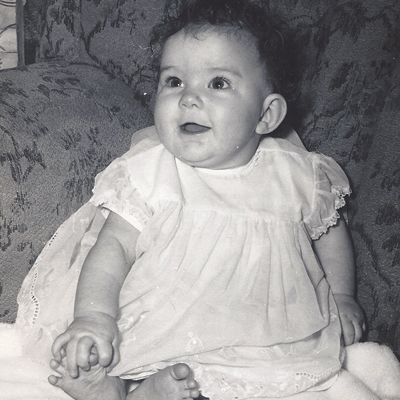
“He wanted to make an example out of me, he said. I didn’t have a clue where to start. I couldn’t do it, but – in my defence – neither could the brightest girls. They objected on my behalf. Also objecting were the girls from other maths classes who were waiting outside so they could put their books in their desks before lunch.”
The deadlock continued. She stood there for 20 minutes, panicking, not knowing what to do. The maths teacher told the class she was responsible for their missing lunch.
“My parents taught me to be respectful of authority, but something snapped. I handed the teacher the piece of the chalk, told him I didn’t deserve to be humiliated and walked out.
“He followed me shouting. He was red in the face. I can remember how angry he was. I ignored his request and headed towards the headmistress’s office to give myself up.”
She was punished. The maths teacher refused to teach her anymore and she was transferred from the O-level to the CSE class. Then it all went downhill.
I stopped trying to be liked by my teachers and focused on my new popularity
“From that point I stopped trying to be liked by my teachers and focused on my new popularity.”
A group of “naughty girls” idolised Holmes for walking out and took her into their group. Work was shunned in favour of messing about.
“By the time I entered my third year (year 9), most of the teachers had given up on me.”
Years later, after she left school, had learned to touch-type and had a job in a bank, she stopped into school and bumped into the maths teacher who again made a disparaging remark, but this time she questioned his behaviour.
She stops as she tells the story and then looks out the window for a moment.
“I’m not citing him as the reason I squandered my secondary education, it probably would have happened anyway. But that humiliating maths lesson and the way he singled me out was what changed my attitude. My instinct after was to put my energies into being liked and accepted.”
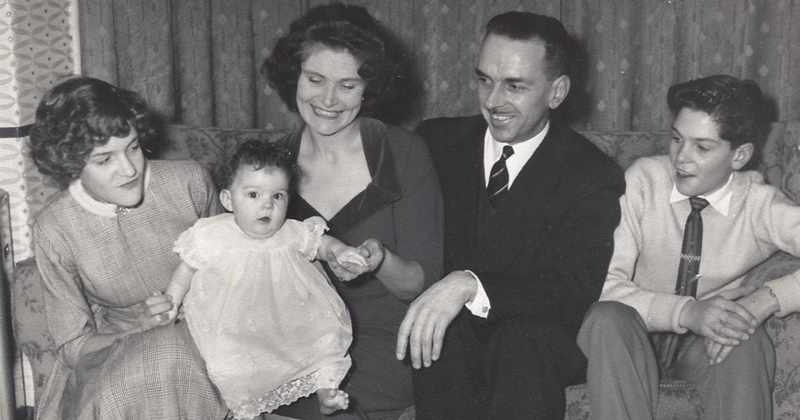
Those energies helped in the world of work more than she may have realised: with her career moving from banking, to retail, to journalism. At one point she wrote full-time for Conde Naste (including Vogue) as a specialist in the design of shops, which meant she was regularly dispatched to review glamorous stores, hotels and restaurants.
It was a job that connected her to her mum, who had once worked as an assistant buyer at Kendals, a fancy department store in Manchester.
“She was very glamorous,” Holmes says. “Even after she married my father she would set her alarm to wake up before him and wash her hair and put on lipstick so that when he woke up she looked gorgeous. Can you imagine? She’d never go out without make-up. To this day if I don’t have mascara on, I feel naked.”
To this day if I don’t have mascara on, I feel naked.
She pauses, “Mum died in 2009. A massive brain tumour. I thought she’d lost interest, because I’d tell her things and she’d forget. But it wasn’t that; she had a thing growing in her head.”
After having her two children, who she talks about often and with a great deal of love, Holmes became a freelance writer and PR specialist, with education becoming one of her areas of interest.
Given her experiences as a child, it seems a strange choice. But she loved primary school and a visit to Newham, then a deprived part of London, reminded her of that.
“The staff had to do a sweep of the grounds every morning to make sure no used hypodermic needles had been thrown over the fence overnight. Despite this, the school was an oasis – a calm, safe place.”
It was at that point she realised she wanted to do something that could help to bring teachers together more, and give back something to the education community.
From the start of her company, On Tap, she ran a daily email bulletin linking to education stories across the press. Subscribers in schools picked it up as it saved them time scouring through newspapers and linked them directly to the stories they wanted.
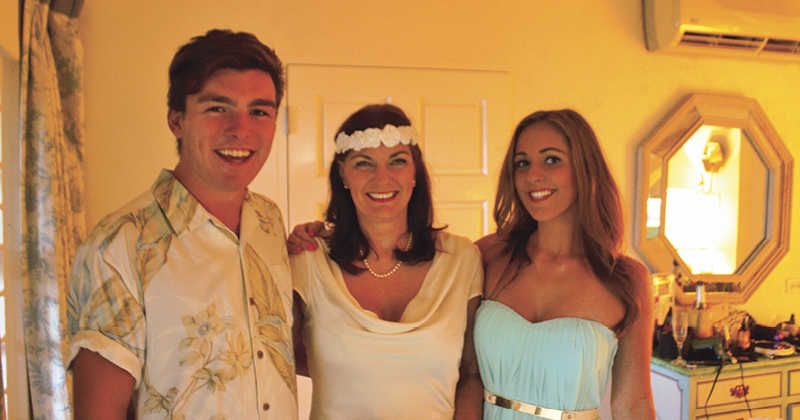
Over the years Twitter became important as she noticed teachers gravitated towards sharing stories there and in other social media, such as Facebook. But the public and sometimes hostile nature of the online environments put other teachers off.
“So we built EdCentral, which is an online platform bringing together research, education policy and the news, and giving teachers a place to talk to each other.
“Instead of going through Google and searching for everything, we put it in one place to make it time-saving. People fed-back on the research and said: ‘This is really good, I found this useful’.
“Also, on Twitter, you can see something, but finding it half an hour later can be tricky. It’s all noise. We are trying to get through the noise and filter things.
“What they can also do is talk about issues in a way that is secure and completely private. They decide who they do or not do want to invite in.”
In essence, the plan is to make the internet nicer and less scary for teachers and school professionals who want to be in on the conversation, but find social media platforms too lairy.
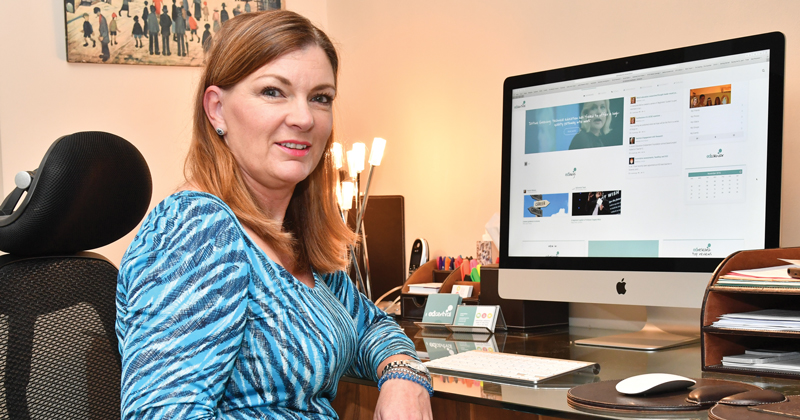
“It’s the lurkers we’re after,” she says, referring to the people who normally sit on the sidelines and watch social media conversations taking place.
It’s not a big money endeavour: the company operates as a not-for-profit social enterprise. Most of the content on the site is free, including the daily news digest. A premium package is available for people wanting to access extra features.
But there is no hard sell from Holmes. There is a sense that if she could find a way to give away the product free, she would.
“I think education matters, that’s the thing. At best it opens up the world for all children, wherever they live and whoever they are. At worst, it gives up on them,” she says, and trails off, as the long-shadow of her maths teacher looms in the background.
The EdCentral platform can be accessed at EdCentral.uk – it is free to access for teachers and school leaders, and a discounted premium package is exclusively available for Schools Week readers using the code SCHWK when registering.
_______________________________________
It’s a personal thing
What is your favourite book?
The Little Prince. I’ve done paintings of it and one is hanging in my best friend’s house. When I was a child in Salford, my mother didn’t want to me have a Salford accent and sent me to elocution lessons. We used to go to this lady who lived in Monton and she gave us The Little Prince. I’ve still got the original copy, which cost 2s 6d; it’s falling apart. She said: “This is a wonderful book”. I looked at it and I thought: “This is a child’s book, I’m too grown-up for this”. I picked it up a few years later and was blown away. It’s just so beautiful.
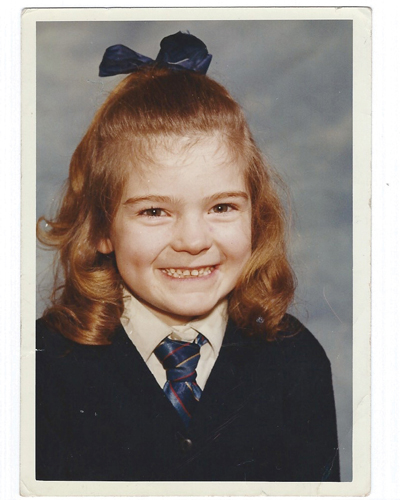
If you could live in any period of history, when would it be?
Ancient Egypt because they were very civilised, although I would definitely have to be within some sort of noble family. It would be horrible to be a slave, or to be buried with someone.
If you could have a billboard across the country with a slogan on, what would you choose?
Always look on the bright side of life.
If you were invisible for the day, what would you do?
I don’t think I’d want to be invisible, because that would mean I was doing something clandestine. Spying on somebody or fly on the wall somewhere? No.
If you could be any animal, what would you be?
I love elephants, they’re just so beautiful and gentle, but they are hunted. I’d be an eagle or something, so that other birds wouldn’t try to kick me out of the nest. I could soar and fly and go wherever I wanted. That would be wonderful.














Your thoughts